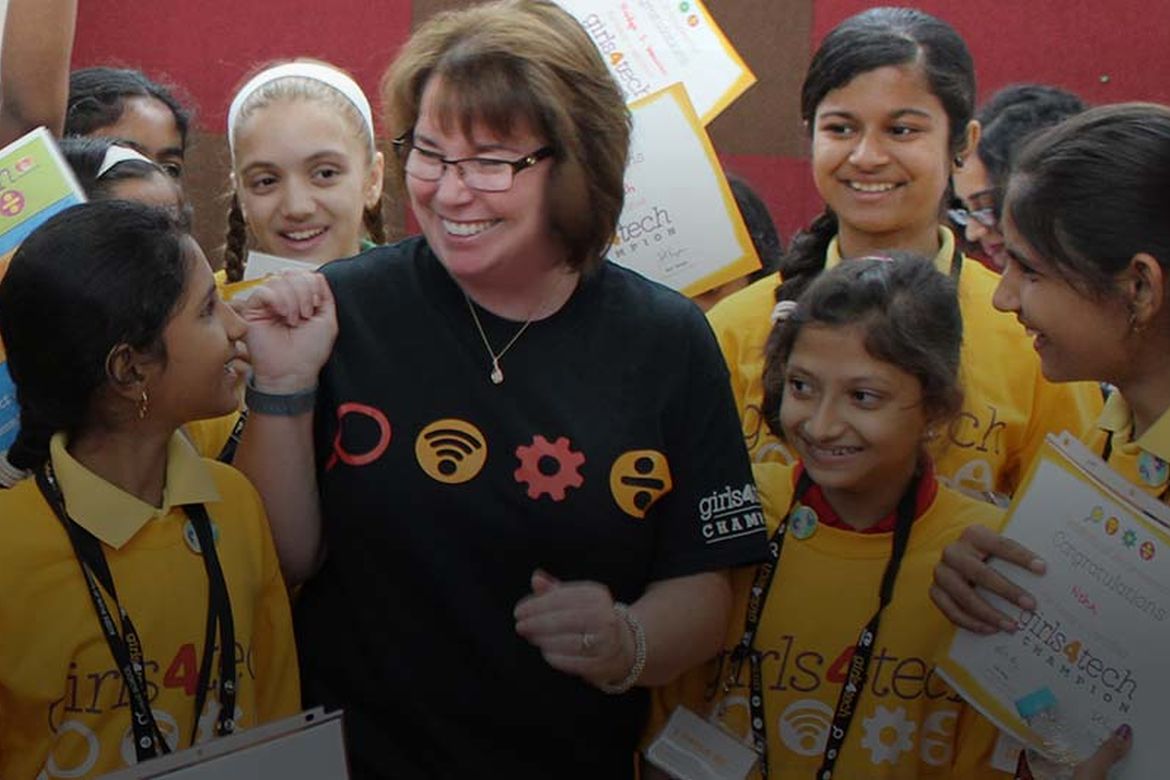African finance and fintech still have some significant catching up to do before they rival the leading continent’s positions, but signs look positive for the future with growing gender equality alongside positive moves in children’s education.
Global payments leader Mastercard recently hosted its first digital Girls4Tech Connect Marathon in which 515 girls aged between seven and 12 took part. The marathon aimed to both inspire and prepare the girls involved to pursue careers in science and technology.
The programme began with in-person sessions run by employee volunteers and has since expanded to cover topics such as artificial intelligence and cybersecurity. It now offers greater access to its STEM curriculum through digital sessions and even a digital learning experience on its website.
As part of the virtual marathon, volunteers across Africa hosted a series of virtual sessions at schools in South Africa, Ghana, Nigeria and Kenya to support girls with the foundational STEM knowledge and skills they need for their future studies and careers.
The Girls4Tech education programme initially launched in 2014 and is centred around a curriculum based on science, technology, engineering and mathematics (STEM). It has set itself an aim to impact five million girls by 2025; having already succeeded in educating one million young women in 2020 and has currently reportedly reached more than two million girls across 49 countries.
Bongani Mgoqi, principal at Tshedimosho Mahlaleng Primary School in Soweto, South Africa explained one of the challenges when getting young women interested in STEM roles: “We’ve noted that young girls still believe that careers in STEM are not meant for them. We appreciate the role that companies such as Mastercard are playing in giving girls from all walks of life an opportunity to change this narrative by exposing them to the diverse career opportunities available to them in STEM.”
The effort to educate young girls across Africa continues after the Mastercard Index of Women Entrepreneurs was announced earlier this year – detailing a rise in the number of female business owners in South Africa. South Africa was found to be one of only 12 economies where women’s entrepreneurial activity rates increased, with 11.1 per cent of working-age women engaged in early-stage entrepreneurial activities; up from 10.2 per cent the previous year. It meant that it beat men in regard to growth – as 11.7 per cent of men were involved in early-stage activities; a rise of only 0.3 per cent in 2020.

“Global stats show that 80 per cent of jobs created in the next decade will require some combination of STEM skills. Yet only 30 per cent of the science and technology workforce is currently comprised of women,” said Kamini Redhi, vice president of marketing and communications for Mastercard in Sub-Saharan Africa.
“At Mastercard, we are tackling this challenge head-on. Through Girls4Tech, our goal is to build foundational STEM knowledge and develop the critical skills that girls need for their studies and career success. By providing real-life and hands-on activities for each concept, Mastercard volunteers show young girls that being friendly, enthusiastic, mathematical, artistic, scientific, logical, and even creative are all skills that connect to a STEM career.”
Image and article originally from thefintechtimes.com. Read the original article here.

